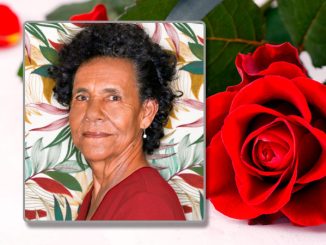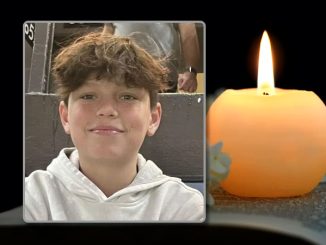
9 ways to boost energy and feel good again
An astounding three out of four Americans – that’s almost 225 million people – say they often lack the energy to do all the things they’d like to do. But things don’t have to be that way. According to public health expert Dr. Martin Chen, minor corrections in diet, posture and exercise can improve just about anyone’s energy levels in short order.
The statistics about chronic tiredness are surprising.
In a national survey, 72 percent of men and women between the ages of 25 and 74 told pollsters they are tired “all of the time” … “most of the time” … or “quite a bit of the time.”
“We’re not talking about the normal and completely natural type of tiredness that occurs when you put in a hard day’s work or play several sets of tennis or a round of golf,” the expert told the Herald-Guide in an interview from his office in Seattle, Washington.
“We’re talking about tiredness that appears for no obvious reason.”
Chen says there are five major factors associated with chronic tiredness: depression, anxiety, stress, poor nutrition and lack of exercise.
A staggering 90 percent of people who are depressed suffer tiredness, he explains.
Almost as many anxious and stressed men and women are tired, too.
“Poor nutrition is another factor in tiredness,” says Chen.
“Many chronically tired people are found to be getting significantly lower amounts of important nutrients than people who have plenty of energy.”
To beat chronic tiredness, you should consult a qualified health professional to rule out any serious medical condition. While you’re at it, ask if the strategies for boosting energy that follow are right for you:
1. If you’re eating a lot of red meat, cut down and add more vegetables.
Fat and cholesterol in heavy meats like steak and hamburger tend to slow you down. On the flip side of the coin, broccoli, potatoes, carrots, fruits and also whole grains can “up your energy quotient.”
2. If you’re overweight, slim down. Extra pounds put an additional strain on your body.
3. Avoid caffeine. Coffee and colas with caffeine give a fast energy lift but then leave you even more tired than before you drank them.
4. If you smoke, stop. Smoking contributes to fatigue.
5. Get moving. Bicycle, swim, walk or try some other sensible and measured form of light to moderate exercise at least 20 minutes a day, three times a week, to get the heart pumping oxygen-rich blood through your body.
Note: Experts argue about how much exercise is required for optimal health, with some saying daily exercise is best. Ask a health professional you trust.
6. Learn to stretch properly. Stretching helps you beat tiredness by making it easier for you to move.
But a stretch should be just that … not a “strain.” Stretches should be slow, gentle and controlled.
7. If your posture is poor, correct it. Slumping tires you because, among other things, blood flow is restricted.
8. Learn to rest and relax. It’s no secret that adequate rest restores energy. Most people, says Chen, need a full eight hours of sleep each night and perhaps even a catnap during the day.
9. Take a daily vacation … in your mind. Do something you really enjoy each day. Take time to listen to a favorite CD or read a novel.
The “getaway” will do you good – and boost your energy.




Be the first to comment